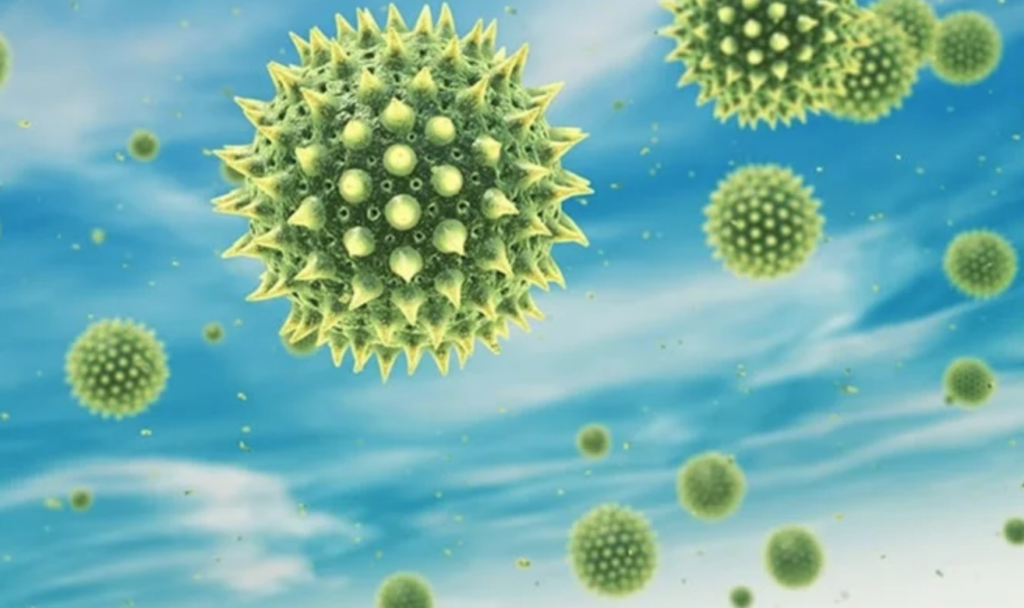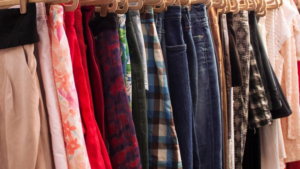When Pollen Strikes

Image courtesy of New Medical Life Sciences
By Kat Kaderabek
Amidst COVID-19 vaccination season, there also has emerged an old friend to many Catholic University students: pollen. While Cherry Blossom season was as magnificent as it could have been during a global pandemic, it ushered in with it a slew of runny noses covered by masks, hushed sniffles, and stifled coughs. This allergy season seems to be more intense than most, with the wrong cough sending students down to the testing center at the slightest “ah choo.”
What is there to do to mitigate these symptoms as quickly as possible? Here are five steps to getting over the pollen periods:
- Take an allergy medication. While this may seem redundant, many people need a reminder to be taking allergen medication like Zyrtec or Claritin on a daily basis. These will only have an effect on allergies if there is enough build up in a person’s system. So popping a Claritin once a week will not actually help with the sniffles, it needs to be taken regularly for 24-hour relief. According to Healthline.com, “Claritin is long acting. Most people experience at least 24 hours of relief after a single dose. Zyrtec, on the other hand, is fast acting. People who take it may feel relief in as little as one hour.”
- Avoid Strong Scents. Now that cherry blossoms season has ended, allergies may start to calm a little. However, the end of the cherry blossoms does not mean the end to all flowers in D.C. While their smells may be beautiful, Everyday Health reports “Odors such as chlorine from a swimming pool and strong perfumes can irritate the nasal airways and lungs and make you cough.” This means that it might not be the best time to smell the poppies and bask in a field of tulips, nor should you don any of those scents that could cause irritating reactions.
- Wear a Mask. While you’ve been hearing this statement for over a year now, it is actually a very effective way to prevent allergies during the peak season. Health.com confirms this by recommended wearing a mask outdoors, especially near grassy areas and weeds. Right now, grass allergies are at an all time high and will continue to mid-summer. While you cannot exactly avoid grass, it is important to be aware that most pollens come directly from that freshly mowed patch and could certainly give you the sniffles.
- Calm down. Easier said than done, especially heading into finals season. However, according to Health.com, “In one study, seasonal allergy (hay fever) sufferers had a more extreme reaction the day after performing a stressful task, such as giving a speech.” In this case, prioritizing one’s mental health may actually assist in physical help by lowering cortisol levels in the body. So take a deep breath, and while you certainly cannot go smell the roses, you can gaze nicely from the window in a few moments of peace.
- Keep your home clean. Again, we are no strangers to these phrases. However, keeping a tidy and extensively clean home can help prevent the spread of the coronavirus as much as it does pollen allergies. “On days when pollen counts are high, keep home doors and windows closed. Stay inside, especially during afternoons and evenings when pollen levels are highest,” recommends UC Davis Health. “Cool your home using air conditioning but stay away from humidifiers and evaporative swamp coolers.” These simple changes may be the difference of a groggy, stuffed up day against a bright, nasal-congestion free time.








